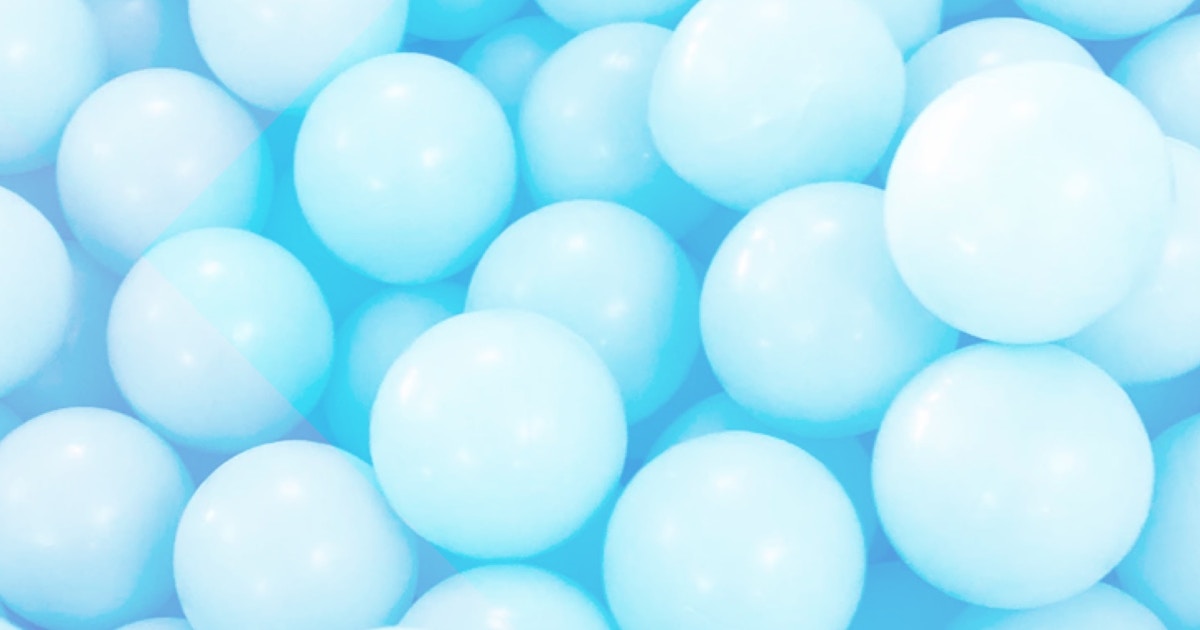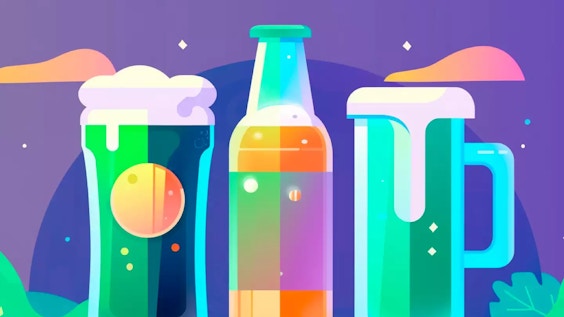I Am Sober is a free app that helps you get some control back in your life.

How To Get Clean And Sober
Last Updated: Tue, January 23, 2024Addiction to drugs or alcohol (or both) is one of the most challenging – crippling, really – disorders a person can go through. A wise man once said, “it’s like I have a shotgun in my mouth and I’ve got my finger on the trigger, and I like the taste of gunmetal.” You don’t overcome addiction, you live with it, even through recovery. You fight it every day. It’s one thing to get clean and sober and another to stay sober. Regardless of how you view addiction (disease, disorder, delicious shotgun), there is no cure, only treatment.
Addicts and alcoholics don’t typically get help with their addiction until they realize they cannot do this on their own. This is why many friends and family force their loved one into rehab or a drug treatment facility to get clean and sober.
Rehab is typically the first step to recovery as addicts and alcoholics are given medical support to endure withdrawal. Once the physical effects of drug and alcohol abuse have subsided however, then the enduring, grueling, long-term process of recovery can truly begin. At treatment centers, this usually involves therapy or counseling to determine why drugs and alcohol were a problem in the first place. Meanwhile, new habits are put in place to help addicts in recovery to build a healthier, drug-free lifestyle. To start getting clean and sober, it’s important to understand how addiction affects a person (mentally and physically).
Understanding Addiction
Drug Dependence Vs Drug Tolerance
Typically, if someone has a drug and alcohol dependence, they likely have a tolerance as well. However, someone who has a drug and alcohol tolerance does not necessarily have a dependency on the substance.
Currently, addiction is considered a disorder. Part of this distinction is due to the psychological impact of addiction. For example, if a person has chronic pain and is prescribed a narcotic to manage that pain, they are likely going to develop a physical dependence on the opioid – as well as a physical tolerance to the drug. This type of person doesn’t fall under the category of “addict.”
Symptoms Of An Addict
Someone who is genuinely addicted to a substance has a psychological and, very often, physical need to use the drug; someone who desires the drug to get through the day and feels physically nauseated (or even in pain) without it; someone who feels cravings the way someone might if they were starving. This is symptomatic of an addict.
An addict can become physically addicted the drug they’re using – this typically happens with heroin, meth, or opiates. Withdrawal symptoms have a wide range from mild to life-threatening severity. Withdrawal can start with a headache and nausea and end with hallucinations and even seizures. In these cases, an addict may understand what they need to do to get clean and sober, but are unable to physically do so – not without help.
People typically become physically addicted to substances due to many drugs increasing the natural levels of dopamine and endorphins. In other words, when your standard “feeling good” is elevated by substance abuse, then your standard “feeling good” starts to feel bad by comparison. This is also why when you’re sober and actually “feel bad,” it’s about ten times worse than it would be otherwise.
Physically addicted people struggle with withdrawal due to the fact that drugs make our bodies produce an overabundance of naturally occurring chemicals. As a result, when substance abuse stops, production of these chemicals is significantly decreased – even though they really return to normal – as a result, the body doesn’t know how to function properly and thinks it’s “starving” for these chemicals even though it’s getting the normal amount. This is one of the many reasons it’s difficult to get clean and sober when you’re physically addicted to a substance.
Not only can an addict become addicted physically, but mentally, as well. Many people suffer from psychological addiction, when their mind has been so reprogrammed that they feel they need the stimulant to get through the day or the calming effect of alcohol to deal with pressures.
Seeking Treatment To Get Clean And Sober
Whether someone has developed a physical dependence on the drug or feels an intense craving, the next step for most addicts is a recovery treatment facility. Typically these are inpatient centers that can last anywhere from a week to 90 days (or more). These centers are not akin to the sterile environment of a hospital or the stereotypically decrepit nursing home. If anything, these rehab centers most closely resemble a luxury resort. These are safe spaces for someone to recover from the ravages of addiction.
Trained medical staff are on campus at all times and they specialize in treating addiction. This is most evident from the first few days at a treatment center which help lessen addicts' pain going through withdrawal. The "detox" process eases the pain of withdrawal and manages the symptoms (both mild and severe).
Once the first phase is complete and the patient is clean and sober, then the next phase of recovery can begin. In most cases, this means meeting with a counselor or therapist and discovering the root of the issue or what made the person turn to drugs and alcohol to begin with. This treatment can continue well after the allotted rehab timeline. It can become outpatient and a part of the ongoing plan to stay sober.
Staying Clean And Sober
"The next step is always the hardest."
After the treatment center, the next step tends to be the hardest: staying sober on your own. There are a few things to come to expect from leaving rehab:
-
30 days does not equal a lifetime. You can become clean and sober and not feel a single craving to do drugs again in rehab, but it's a controlled and new environment. It's a place your brain associates with getting clean, not doing drugs. To reenter society, even if it's in a different city, there's a very different culture and with that comes a barrage of triggers.
-
Cravings will come. It's not fair, but cravings will come for you. Conscious or not, something will happen in your day-to-day life that will trigger a strong memory in your brain of what it was like when you were high or drunk. The memory will be so strong, even if you're at a good place in your life, it will remind you of your addiction and your brain will try to convince you that you can handle it better this time (spoiler: you won't). Expect cravings and be prepared to deal with them in a healthy way.
-
You are not alone. Most importantly, you need to remember you're not alone. Substance abuse and alcoholism are very isolating experiences. Many people come out of rehab feeling discouraged at how far they'll still have to go (a lifetime). Some come out feeling happy, but that can quickly fade, especially if you don't recognize every day that you're clean and sober as an accomplishment; especially if you don't have a support system to recognize the feat. You are not alone. One of the additional benefits to treatment centers is you leave with some comraderie. For some people, that's half the reason they start attending meetings as well. Whether it's your peers, your friends, or your family, don't forget that there are people who care and want to celebrate your milestones. You can even download the app and be encouraged daily to stay clean and sober.
We are all in this together and admitting there's a problem is the first thing you need to do. Don't wait for a personal or financial crisis, recognize the issue and get help.
I Am Sober is a free app that helps you get some control back in your life.




